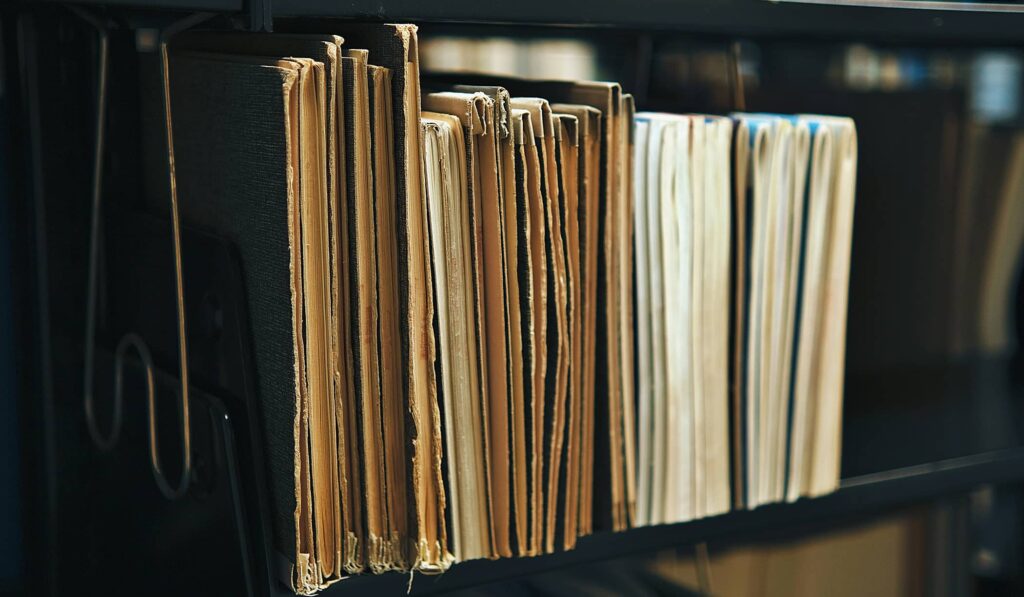Four simple guidelines for prepping your church’s archival material
Every church has a unique story of God’s presence to tell, but that story cannot be told in the future unless the pieces of it are collected while it is unfolding. While it might not be until after a final worship service, at some point there will be a drawer, boxes, 3-ring binders, file cabinets, a flash drive, computer or cloud drive somewhere full of information which contains the recorded history of your church—and someone will need to deal with it.

While the Evangelical Covenant Church has detailed suggestions for handling archival material, smaller churches with fewer resources might benefit from a few simple guidelines.
- Save what is unique: Counties keep track of births, deaths and marriages. Only churches keep track of baptisms, confirmations, private cemeteries, and their own histories. Records related to the physical building are important as well. Annual reports are critical to be saved—at least two copies of each. Physical items which have history should have that history attached to them if possible—a note on the back of a framed piece or inside a pulpit or under a chair. There might be a separate document of “archival objects” which describes the history of larger pieces
- Save it in one place: Having a single box, file cabinet, room, flash drive, laptop or cloud drive (with access information) will be helpful to anyone in the future who needs to deal with archival materials.
- Label it: The most common labels required (besides “Archive Material”): Annual Reports, Building, Personnel (Pastors, Membership lists), History/Anniversaries, Official Records (see number 1), Minutes (Congregational Meetings), Finances (7 years), Ministries.
- Communicate about it: At least two or three people in the church should know what exists, where to find it and how to access it—even if they don’t have general use of or access to that material. It wouldn’t hurt to leave something visible in writing in the archive space with contact information as well.
If you would like more specific guidance in your situation, feel free to reach out to Elaine Ekstedt, Minnehaha Academy archivist, at 612-729-8321 or ekstedt@minnehahaacademy.net.